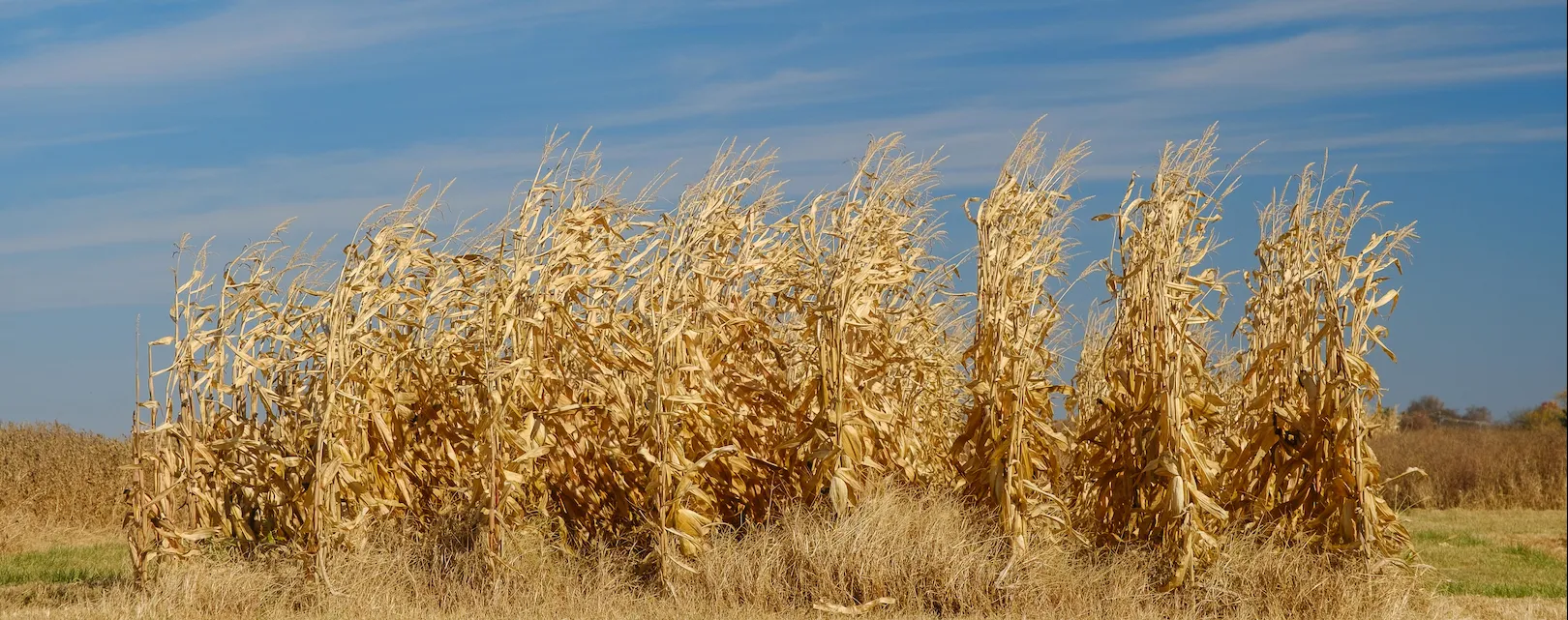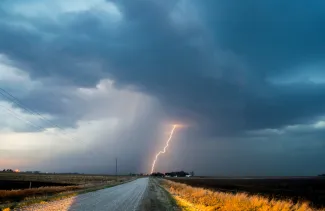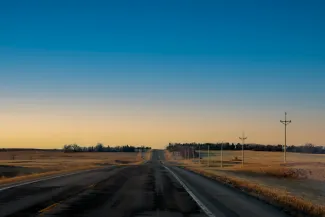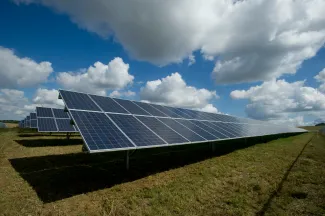These "going green" supporters aren't touting climate change as their reason for supporting renewable energy. Instead, they are making a case for solar, wind and nuclear power because they believe those energy sources will help make and save Americans money.
Heading into a holiday weekend, many people will check the weather forecast to see if outdoor plans are possible. And while most of us know weather reports are predictably unpredictable, we look at them anyway. But what if AI did some of the predicting? Labor Day weekend forecasts in the future might be more accurate.
American songs are replete with tunes about trains. There's "Love Train," "Peace Train," "Girl on a Train, "Crazy Train" and "Stop This Train," to name only a few. But what about "Rural Train"? There doesn't seem to be a song about what happens to a reporter who takes an Amtrak across the United States and has some great times getting off and exploring rural stops. Luckily, there is a newspaper story on just such a journey.
Just because Tim Walz sports a camo hat and comes from a small town doesn't mean rural people will vote for him. . . . A closer examination reveals that such expectations may be overly simplistic and optimistic.
Minnesota has two flags and both are flying in different parts of the state. The older banner represents the state's connection to farming, which is historically accurate. . . The second banner was unfurled earlier this year and features two opposing hues of blue and a bold eight-pointed white star. But even with its simplicity, the new flag has stoked controversy.
After years of grocery inflation, U.S. food prices are so high that many families have tightened their food budgets. And while the average American can't do much more to fight food and staple costs, some states have cut their grocery sales tax to help ease some of the burden.
Last week the Democratic National Convention rallied around Kamala Harris and her choice for vice president, Tim Walz of Minnesota. The four-day event culminated in Harris giving her 40-minute nomination acceptance speech, which included more rhetoric than checkable facts.Glenn Kessler of The Washington Post reviewed several claims from Harris' acceptance speech.
Becker, Minnesota, is covered with viny potato fields and endless rows of corn that go as far as the eye can see. But in this small community of 5,000 residents, solar panels by the thousands are about to be added, replacing three of the town's coal mines in a test of long-duration batteries.
Vermont lawmakers made dramatic changes to support child care businesses and family needs throughout the state. System advocates say the state's success could be a national model.









